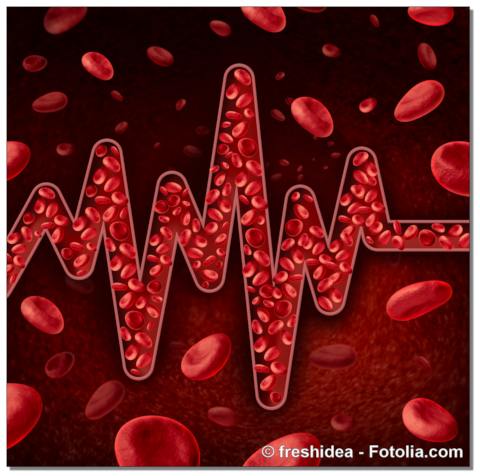Life. All rights reserved!
Aharei Mot & Kedoshim
For the week of May 2, 2015 / 13 Iyar 5775
Torah: Vayikra/Leviticus 16:1 - 20:27
Haftarah: Amos 9:7-15
The Sanctity of Life

For the life of the flesh is in the blood, and I have given it for you on the altar to make atonement for your souls, for it is the blood that makes atonement by the life. Therefore I have said to the people of Israel, No person among you shall eat blood, neither shall any stranger who sojourns among you eat blood. (Vayikra/Leviticus 17:11-12)
You have probably heard the phrase, "the sanctity of life," but do you know what it means? "Sanctity" is similar to the words "sanctify" and "sanctification," which have to do with the concept of holiness. Holiness has to do with things intimately associated with God, whether it is his own characteristics or people and items set apart for his use or service. So "the sanctity of life," is the idea that life itself, all life, is set apart to God, and therefore should not be treated any way we please, but rather be given special honor and treatment as something deemed holy.
The Torah teaches this principle in very concrete terms by giving specific directives regarding the handling of blood. Animal blood is not to be eaten, but reserved for sacrifice. Human blood makes people ritually unclean. The reason given for this is its unique relationship to life, for the Torah says, "the life of the flesh is in the blood." Biblically speaking, blood is the God-ordained carrier of life. How it does so I am not too sure. To scientifically influenced cultures this should makes sense. One source tells us that blood is...
...a specialized bodily fluid that supplies essential substances and nutrients, such as sugar, oxygen, and hormones to our cells, and carries waste away from those cells (from http://www.medicalnewstoday.com/articles/196001.php).
Whether or not this is the sort of thing that was in God's mind when he revealed, "the life of the flesh is in the blood," I can't say. My guess is that scientists differ over not only what it is in humans and animals that provides and sustains life, but also what life is. Spiritually minded people may put greater emphasis on the non-material aspects of life, and resist any notion that life resides in a material substance such as blood or anything else. Perhaps in the Torah blood functions symbolically as a tangible way to express the non-tangible reality that is called life.
Our tendency to analyze how the physical and spiritual work together often clouds truths that God wants to communicate to us. That God, the ultimate spiritual being, has no problem associating life with physical blood is evident through his commands that it has to be handled in a particular way. Through such practical directives we are reminded that life is to be considered a special holy thing. While the entire universe was created by God, there is something about life, this mysterious ongoing energy that pulsates through all living things, that is to be considered directly under God's authority alone. In the Garden of Eden human beings through our first parents were delegated authority over the world, but God reserved all rights to life. And so it must be handled with the utmost of care in the fear of God.
We most often hear about the sanctity of life in contexts discussing issues surrounding the preborn, the disabled, the infirm, and the aging. But we cannot effectively apply such a concept to these categories unless we first apply it to people in general. Each and every human being is precious because we all possess the gift of life.
---
Unless otherwise noted, scripture quotations are from The Holy Bible,
English Standard Version®, copyright © 2001 by Crossway Bibles, a
publishing ministry of Good News Publishers. Used by permission. All
rights reserved.
Comments? E-mail: comments@torahbytes.org
Subscribe?
To have TorahBytes e-mailed to
you weekly, enter your e-mail address and press Subscribe
[ More TorahBytes ] [ TorahBytes Home ]
